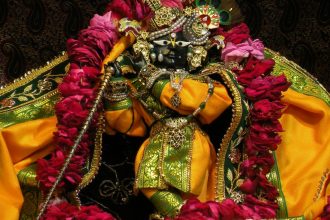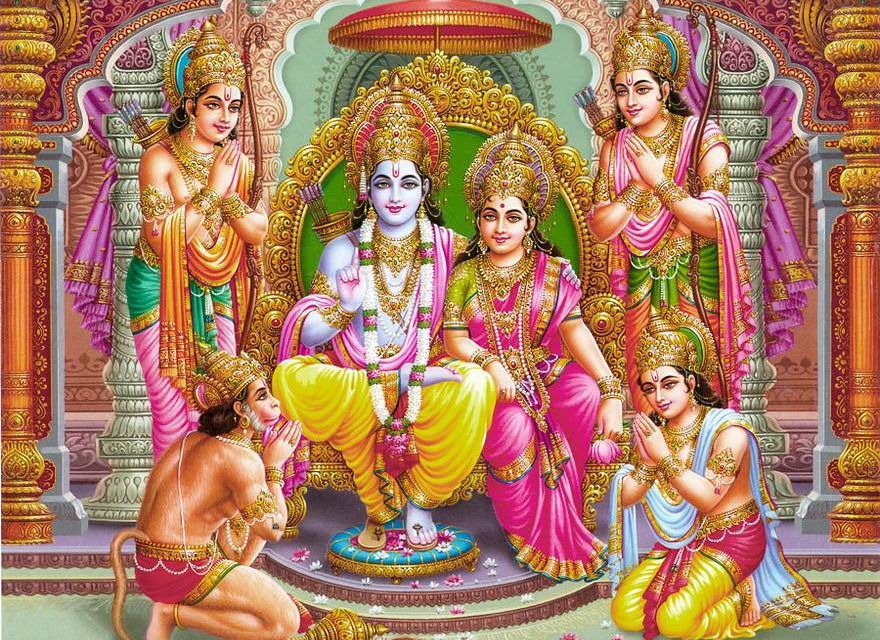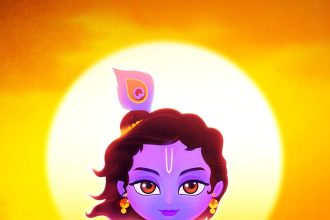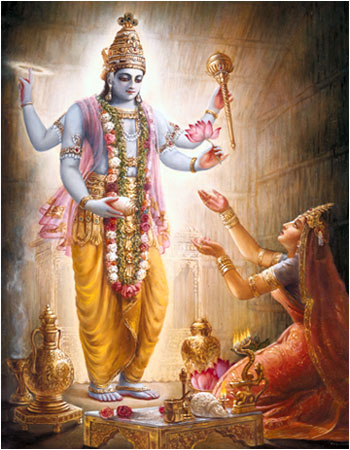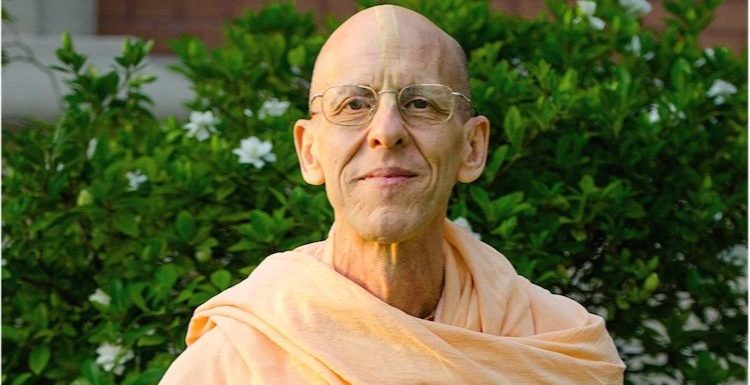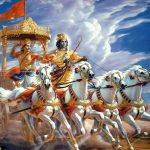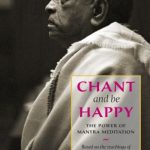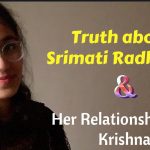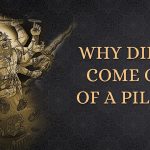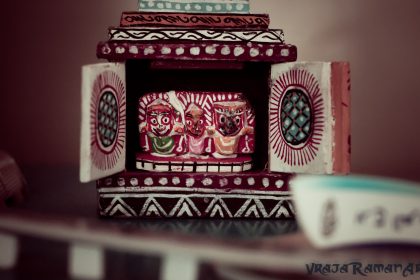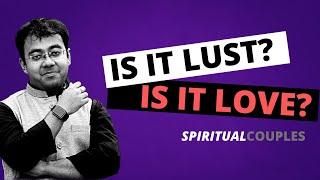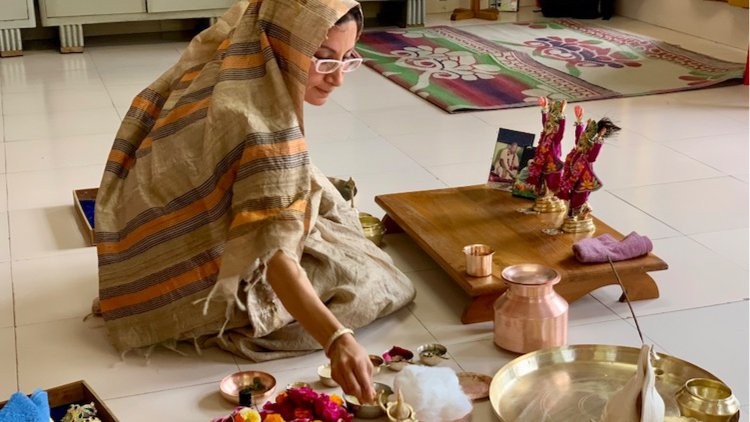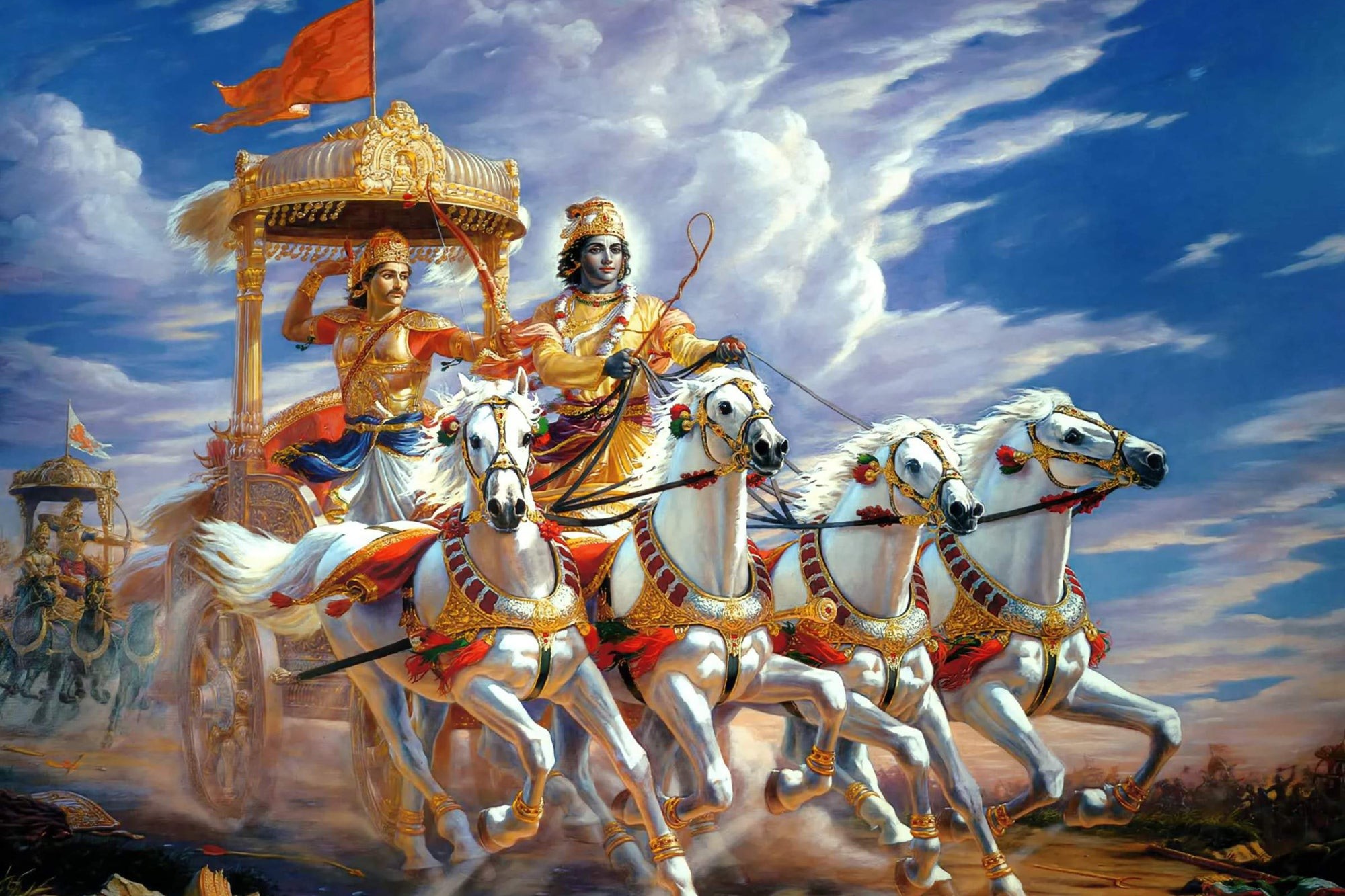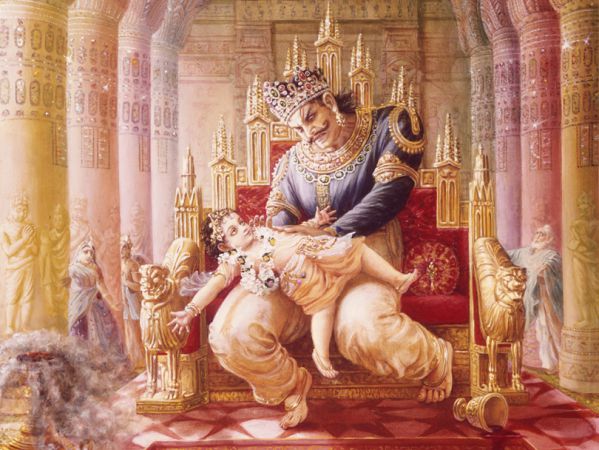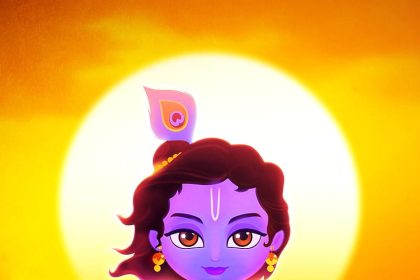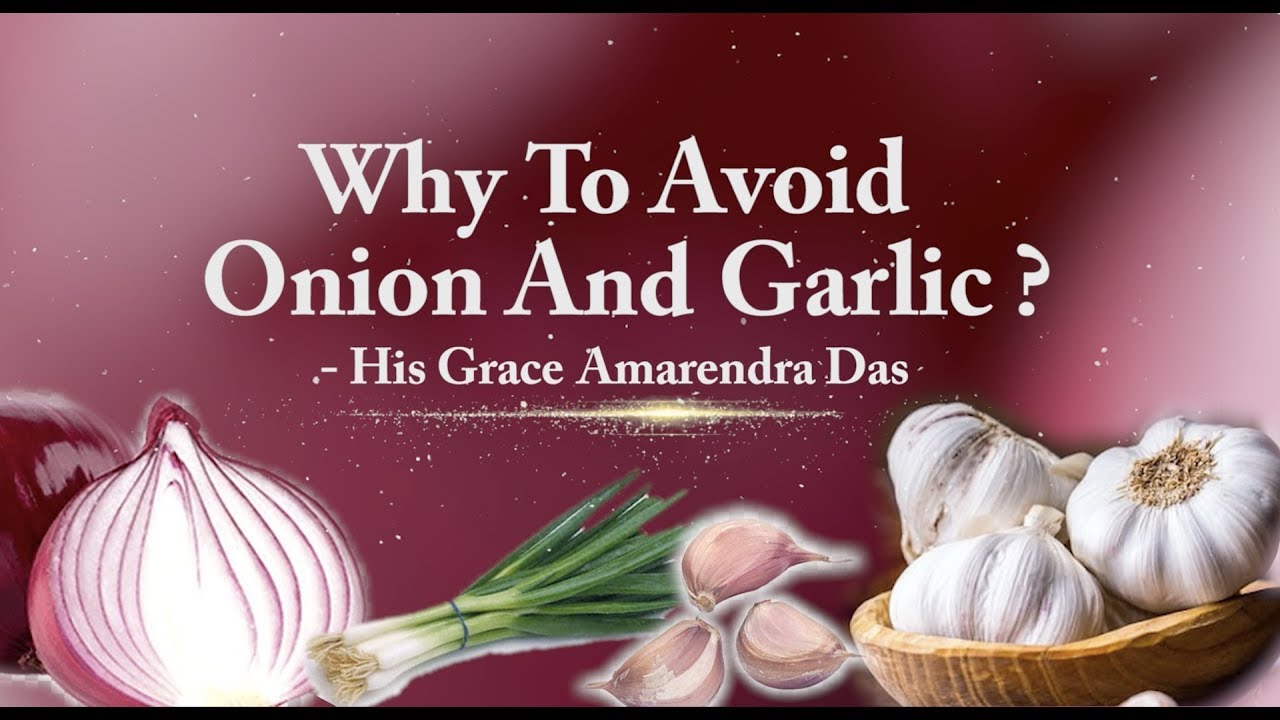September 20, 2022 by Jayadvaita Swami
“Śrīla Prabhupāda’s Kīrtana Standards,” installment 12

“Stick to the authorities”
The prayers and mantras we chant should be those we have received from the ācāryas. Other songs and mantras will not help us.
Commenting on prayers offered by Brahmā to Lord Viṣṇu, Śrīla Prabhupāda writes:”
These prayers were not ordinary concocted prayers. Prayers must be approved by Vedic literature, as indicated in this verse by the words daivībhir gīrbhiḥ. In our Kṛṣṇa consciousness movement we do not allow any song that has not been approved or sung by bona fide devotees. We cannot allow cinema songs to be sung in the temple.1
Further:
We generally sing two songs. One is śrī-kṛṣṇa-caitanya prabhu nityānanda śrī-advaita gadādhara śrīvāsādi-gaura-bhakta-vṛnda. This is bona fide. It is always mentioned in the Caitanya-caritāmṛta, and it is accepted by the ācāryas. The other, of course, is the mahā-mantra—Hare Kṛṣṇa, Hare Kṛṣṇa, Kṛṣṇa Kṛṣṇa, Hare Hare / Hare Rāma, Hare Rāma, Rāma Rāma, Hare Hare. We may also sing the songs of Narottama dāsa Ṭhākura, Bhaktivinoda Ṭhākura and Locana dāsa Ṭhākura, but these two songs—“śrī-kṛṣṇa-caitanya” and the Hare Kṛṣṇa mahā-mantra—are sufficient to please the Supreme Personality of Godhead, although we cannot see Him.2
Speaking to the same point, and putting even more emphasis on the chanting of the Hare Kṛṣṇa mantra, Śrīla Prabhupāda wrote to Mālatī Dāsī:
In our temple, strictly Hare Krishna chanting should be given more importance. This is no harm in this mantra you have heard, but it is not very important. There are many such common songs composed by common devotees out of sentiment. But our principle is to stick to the authorities, and always remember that Hare Krishna is the prime authorized mantra.3
Concocted slogans
In contrast to the “prime authorized mantra” there are many concocted mantras—“slogans,” Śrīla Prabhupāda called them. In a purport in Śrī Caitanya-caritāmṛta he wrote:
There are sahajiyās who, not knowing the importance of the Pañca-tattva, concoct their own slogans, such as bhaja nitāi gaura, rādhe śyāma, japa hare kṛṣṇa hare rāma or śrī-kṛṣṇa-caitanya prabhu-nityānanda hare kṛṣṇa hare rāma śrī-rādhe govinda. Such chants may be good poetry, but they cannot help us to go forward in devotional service. In such chants there are also many discrepancies, which need not be discussed here.4
Śrīla Prabhupāda concluded:
One should not foolishly adopt any of the slogans concocted by imaginative devotees. If one actually wants to derive the effects of chanting, one must strictly follow the great ācāryas. This is confirmed in the Mahābhārata: mahā-jano yena gataḥ sa panthāḥ.“The real path of progress is that which is traversed by great ācāryas and authorities.”5
Authorized songs
Śrīla Prabhupāda considered this point so important that he repeated it again and again. And so—please excuse a bit of redundancy—I give extended evidence for it here.
Śrīla Prabhupāda once said:
We cannot follow an upstart, manufacturing some song, manufacturing some ideas. We cannot follow that. What is authorized song, we shall sing. What is authorized method, we shall follow.6
Śrīla Prabhupāda explains:
[A]uthorized songs means the songs which were sung or composed by self-realized Acaryas. It is an injunction in the Vaisnava regulations that unauthorized songs or statements should never be heard. The comparison is given that milk, although very nutritious food, if it is touched by the tongue of a serpent, it acts like poison.7
Similarly:
[W]hen we offer our prayers to Kṛṣṇa, they are not ordinary words. Therefore those who are not liberated soul, they cannot offer prayers actually. We have to repeat the prayers offered by liberated soul, not by ordinary man. Because he is not yet uttama, he is not yet in the transcendental platform. Therefore we don’t allow songs which are not sung by liberated soul like Bhaktivinoda Ṭhākura, or Narottama dāsa Ṭhākura.8
Not accepted
Again making these same points, Śrīla Prabhupāda writes:
One cannot offer prayers to the Lord with mundane words. One must become spiritually advanced by controlling the mind and senses. Then he can find suitable words to offer in prayers to the Lord. Quoting the following verse from the Padma Purāṇa, Śrīla Sanātana Gosvāmī forbids us to sing any song not sung by authorized devotees.
avaiṣṇava-mukhodgīrṇaṁ
pūtaṁ hari-kathāmṛtam
śravaṇaṁ naiva kartavyaṁ
sarpocchiṣṭaṁ yathā payaḥ
The words or songs of a person not fixed in Vaiṣṇava behavior, not strictly following the rules and regulations and chanting the Hare Kṛṣṇa mantra, should not be accepted by pure devotees.9
Instructive incidents
Revatīnandana Dāsa relates an instructive incident:
One devotee had picked up a chant in India: he krsna, govinda, hari, murari / he natha, narayana, vasudeva. When Prabhupada heard it, he called us into his room and said, “This is not a Vedic mantra; this is a cinema song. An intelligent disciple just takes whatever his spiritual master provides for him, considering that to be sufficient. There are many names of God you can chant, but it’s best to take what comes in disciplic succession and what the spiritual master introduces.”10
Madhusūdana Dāsa relates a similar incident, from 26 2nd Avenue in 1968:
The devotees had seen in second volume of Prabhupada’s Bhagavatam there was a verse and a purport. In the purport, it was written in verse form, it was names of Kṛṣṇa. He Krishna Govinda Hare Murari, He Natha Narayana Vasudeva. In the purport, Prabhupada was explaining that Krishna is all of those in one. So we thought this was a mantra of some kind, and they were obviously names of Krishna, so we started chanting it.11
We put it to music, of course, with all the various instruments, and we were singing it. It was kind of like a hootenanny. We were really having a ball chanting this new. . . because this was at the beginning when there were not very many mantras other than Hare Krishna. So we were singing this and having a great time.
When Prabhupada arrived, we all bowed down and paid obeisances, and he got on the vyasasana and he spoke to us and said, “Oh, who has given you this mantra?” Somebody said, “Oh, we saw this in your Bhagavatam, Prabhupada.” He said, “This should not be chanted.” He said, “This is not bona fide.”
And we were just. . . talk about thunderstruck! We were so bewildered. He proceeded to explain. He said that “Even they are names of Krishna, unless the mantra is given by the disciplic succession it shouldn’t be chanted, even though they are names of Krishna.” And there’s a verse like that saying that it has to come from the sampradaya. So right after that, then he said, “Oh, so you want another mantra to chant?” And everybody just spontaneously said, “Yes!” and everybody kind of cheered. So he started singing jaya sri-krsna-caitanya prabhu nityananda, sri-advaita gadadhara srivasadi-gaura-bhakta-vrnda, and then he introduced it in kirtan.12
And so:
One should chant the bona fide songs received from the disciplic succession. In Bhagavad-gītā it is said that the chanting is powerful when one follows the disciplic succession (evaṁ paramparā-prāptam imaṁ rājarṣayo viduḥ). Manufacturing many ways of chanting will never be effective. However, chanting the song or the narration left by the previous ācāryas (mahājano yena gataḥ sa panthāḥ) is extremely effective, and this process is very easy.13
The essence
As Bhakti Vikāsa Swami writes:
The essence of all instructions on kirtana standards is that kirtana is meant for the glorification and pleasure of Krsna, and should be performed according to the parampara system. Indeed, if we are in doubt about any chant, better not chant it. If we stick to Hare Krsna we can’t go wrong.14
Notes
- Śrīmad-Bhāgavatam 8.5.25, purport. Indian films sometimes include concocted devotional songs. Such songs, I suppose, are what Śrīla Prabhupāda is referring to.
- Śrīmad-Bhāgavatam 8.5.25, purport.
- Letter to Mālatī Dāsī, 28 January 1969.
- Caitanya-caritāmṛta, Ādi-līlā, 7.168, purport.
- Sri Caitanya-caritamrta, Adi 7.168, purport
- Lecture, Vrndavana, November 13, 1972
- Letter to Syamasundara Dasa, February 25, 1970
- Lecture, August 21, 1972, Los Angeles
- Bhāgavatam 6.16.33, purport
- Revatīnandana Dāsa, quoted in Srila Prabhupada and His Disciples in Germany, p. 192.
- What the devotees had missed was that Śrīla Prabhupāda was here citing “popular authority.” Just as he sometimes cited common proverbs or Shakespeare, he was merely citing a popular bhajana in support of his point that Kṛṣṇa is the Supreme Personality of Godhead. This did not make the popular bhajana an authorized Gauḍīya Vaiṣṇava song or mantra. —js
- Remembrances, DVD 1. I was also present on that occasion, and I recall that in regard to “śrī kṛṣṇa govinda hare murāri” Śrīla Prabhupāda said, “This is chanted by the Māyāvādīs.”
- Śrīmad-Bhāgavatam 7.9.18, purport.
- Bhakti Vikāsa Swami, “Kirtana,” p. 23.


